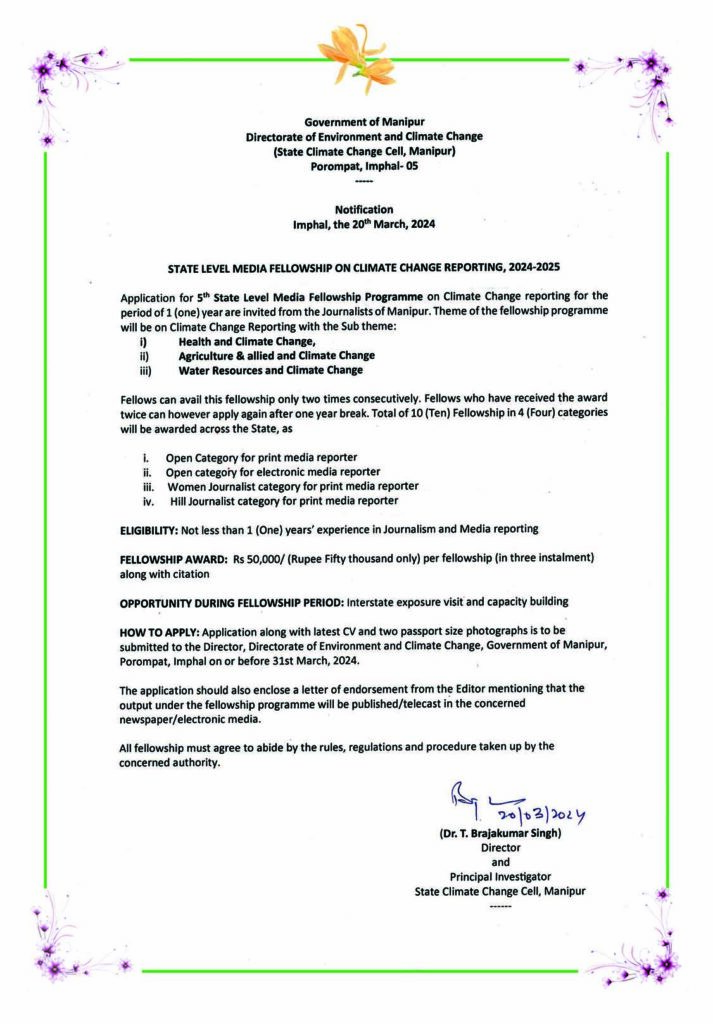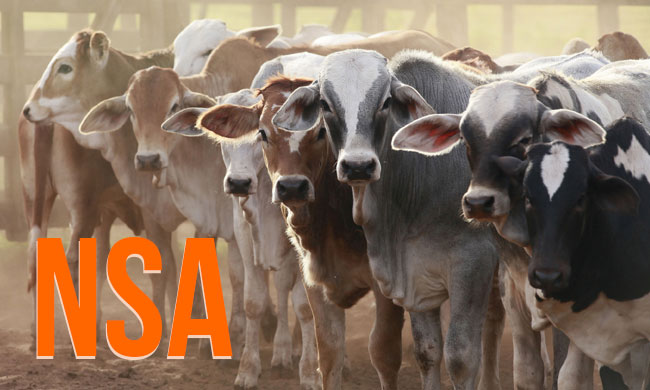There can be no dispute that the social media posts on why cow urine and dung cannot save anybody by two well-known critics of the ruling Bharatiya Janata Party, BJP, social activist Erendro Leichombam and journalist Kishorechandra Wangkhem, just when Saikhom Tikendra Singh, the state president of the party succumbed to COVID19, was ill-timed, ill-mannered and unbecoming. Even if the content of the message were legitimate considering there indeed is a huge and atrocious lobby in the ruling dispensation that such shamanic remedial measures are an answer to this deadly pandemic, the timing of these posts made them appear like direct insults to the departed soul although neither of them named any person, therefore would have distressed his near and dear ones, as well as BJP workers. Death is the absolute leveller and the dead needs to be respected, even if the person who has died is an enemy and whose death was wished for when still alive. This is an accepted timeless and universally value of civilised humanity, and captured and edified in archetypal memory through folklores, literature, theatre and cinema. The Sophoclean play, “Antigone” which has had a unique and enduring appeal in Manipur, having been translated, reproduced and reinterpreted by several theatre directors here, is the most prominent testimony of this.
This said, the question remains, can this lack of civility be a cognizable offence under the law? Obviously not. If this were to be so, the list of crimes would be endless and our prisons would overflow. After all, what constitute civility are a set of civilisational behaviours that are deemed desirable, and non-adherence to which only makes a person uncivil but not a criminal. For instance, if a particular community sees bending forward a little with palm extended in front and pointing towards the ground in show of deference while walking across in front of seated elders as a civil act, not adhering to the practice is seen as rude and boorish, but certainly not commission of a felony deserving penalty under the law, unless of course such a practice has been edified as law by the country’s legislative mechanism and penalty for breaching it specified. But even if such a breach, though not a crime on its own, was still to be seen likely to cause social disharmony, calling it a threat to the nation thereby deserving the invocation of such a harsh law as the National Security Act, NSA, is completely superfluous and ludicrous. Unfortunately, this decision is left as a discretion of those in power, making this piece of legislation fit to be termed extremely draconian. This is exactly what was done to the two persons in the current controversy. This has also become the standard resort of the current power dispensation, betraying in the process it complete inability to take criticism. Such show of nervousness when criticised, any psychologist will confirm is a sign of a deep insecurity.
This ugly development has also brought to the fore one more contentious issue – that of “lived experience”. I have always argued that although “lived experiences” of different people are important in understanding the differences in responses of different people to the same provocations, there is nothing that prohibits such unique experiences from being understood intheir entirety by onlookers, provided the latter are sensitive and are not bereft of empathy. In the many condemnations of the two for what seemed vengeful social media posts, the consideration of the “lived experiences” of the two are often ignored, or missed. Those who have been following events in Manipur will know that the two are amongst the most harangued and persecuted by the state BJP government. They had been thrown into jail whimsically several times in the past for as frivolous reasons as throwing eggs on the pictures of the Prime Minister and Chief Minister in protest against a police raid inside the Manipur University campus, or for calling the BJP cow urine addicts on social media. In all these cases, the court of law came as their rescuers, freeing them of granting bail, on the ruling that the charges against them had no legal standing. Their response to the death of the state BJP president, though unacceptable, would have to be weighed against this “lived experience” as well for a more just picture.
Leaving aside the propriety of the posts which got the two men into trouble, there is no question that there has been a progressive downhill spiral of the democratic freedom of speech and expression in the last four or five years – a freedom on which incidentally the media too depends vitally for honest discharge of duty. This is true not just of Manipur but of whole of the country as well. In 2018, things were already bad and India at the time ranked 136 among 180 nations in press freedom index compiled by respected international media body, Reporters Sans Frontiers, RSF. At the time the bane was about the media selling itself to power and generally refraining from putting power to task. It may be recalled at the time, a media monitor group in India called CobraPost, formed by former journalists of the now shuttered Tehelka, did an operation to expose “paid news” tendencies in major India media houses, posing as a fund-flushed Hindu organisation affiliated to the ruling party and visiting media houses to persuade them to agree to publish a series of promotional advertisements for the BJP disguised as news ahead of the 2019 elections. Of the 27 media houses visited by the team with hidden cameras, only two in Bengal refused point blank and the sting team were shown the exit soon as they made the proposal. The operation was named “Operation-136” (the series is available on YouTube), the number coinciding with the Indian media’s freedom ranking in the world that year. This number has not slipped to 142, and in all likelihood, given the continuing spree of arrests of critics of the government, will slip further. Once upon a time India was reputed for tolerance of criticism, thanks to the outlook of its founding fathers. Jawaharlal Nehru for instance was known to have treated his most uncompromising critics with respect, especially the younger ones. He is known to have even encouraged them to air their opinions so he could learn what he normally would not have heard from his side of the fence. Among these were men of calibre like J.P. Narayan, Acharya J.P Kripalani, Atal Vehari Vajpayee etc. Even in Manipur, in the 15 years of Congress rule, there were very harsh criticism of the then government, many of these sinking to personal abuses and name calling such as “Zero” and “15 percent” etc. Ahead of the 2017 Assembly election, there were even newspaper advertisements that repeated these rather unfair abuses. Yet, nobody ever ended up harassed, not to talk of arrested for all these. We do wish some sense returns so that criticism of those in power come to be treated as an important attribute of democracy once again.










